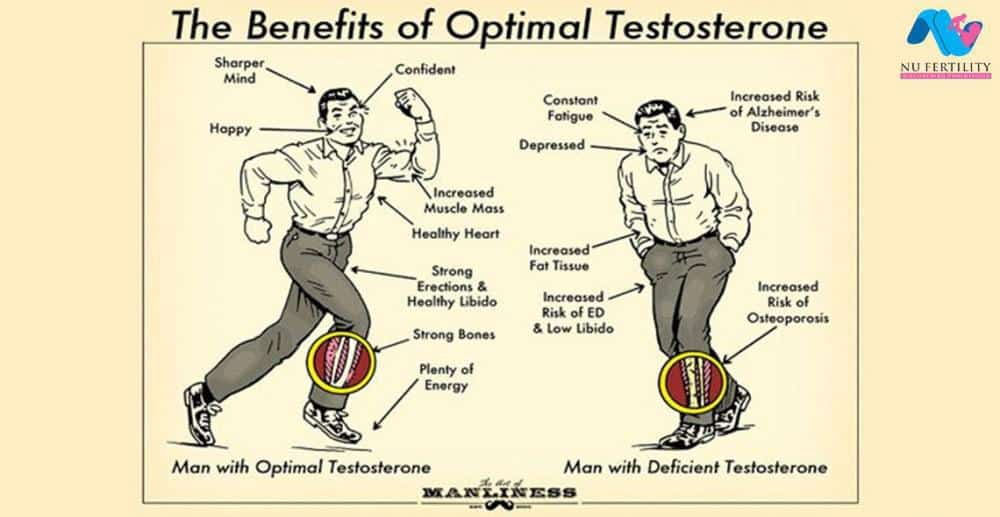Testosterone is a hormone produced by the testes in men and in smaller amounts by the ovaries in women. It is responsible for the development of male sex organs and secondary sexual characteristics, such as muscle mass, bone density, and body hair. Low testosterone levels can cause a variety of symptoms, including fatigue, decreased muscle mass, decreased bone density, and sexual dysfunction.
If you have low testosterone, there are several options for treatment. In this blog post, we will explore some of the most common options.
- Testosterone Replacement Therapy (TRT)
The most common treatment for low testosterone is testosterone replacement therapy. TRT is available in several forms, including gels, patches, injections, and pellets. These treatments aim to increase the levels of testosterone in the body to a healthy range, which can alleviate the symptoms of low testosterone. However, TRT is not without risks, and it is important to discuss the potential benefits and risks with your doctor before starting treatment.
- Lifestyle Changes
In some cases, lifestyle changes can help to increase testosterone levels. These changes may include:
Exercise: Regular physical activity, particularly strength training, can help to increase testosterone levels.
Diet: A diet that is high in protein and healthy fats, such as omega-3 fatty acids, may help to increase testosterone levels. It is also important to ensure that you are getting enough vitamins and minerals, particularly zinc and vitamin D.
Sleep: Getting enough sleep is important for hormone regulation, including testosterone.
- Medications
In addition to testosterone replacement therapy, there are other medications that can be used to treat low testosterone. For example, clomiphene citrate is a medication that can help to increase testosterone levels by stimulating the production of luteinizing hormone (LH) and follicle-stimulating hormone (FSH) in the brain. However, like TRT, medication-based treatments are not without risks, and it is important to discuss the potential benefits and risks with your doctor.
- Surgery
In some cases, low testosterone may be caused by a problem with the testes. In these cases, surgery may be necessary to correct the problem. For example, varicocele, a condition in which the veins in the scrotum are enlarged, can lead to low testosterone. Surgery to correct varicocele may help to increase testosterone levels.
In conclusion, low testosterone is a common problem that can have a significant impact on quality of life. Fortunately, there are several options for treatment, including testosterone replacement therapy, lifestyle changes, medications, and surgery. If you are experiencing symptoms of low testosterone, schedule an appointment with one of our providers at Atlas Men’s Clinic to discuss the best course of action for your individual situation.


